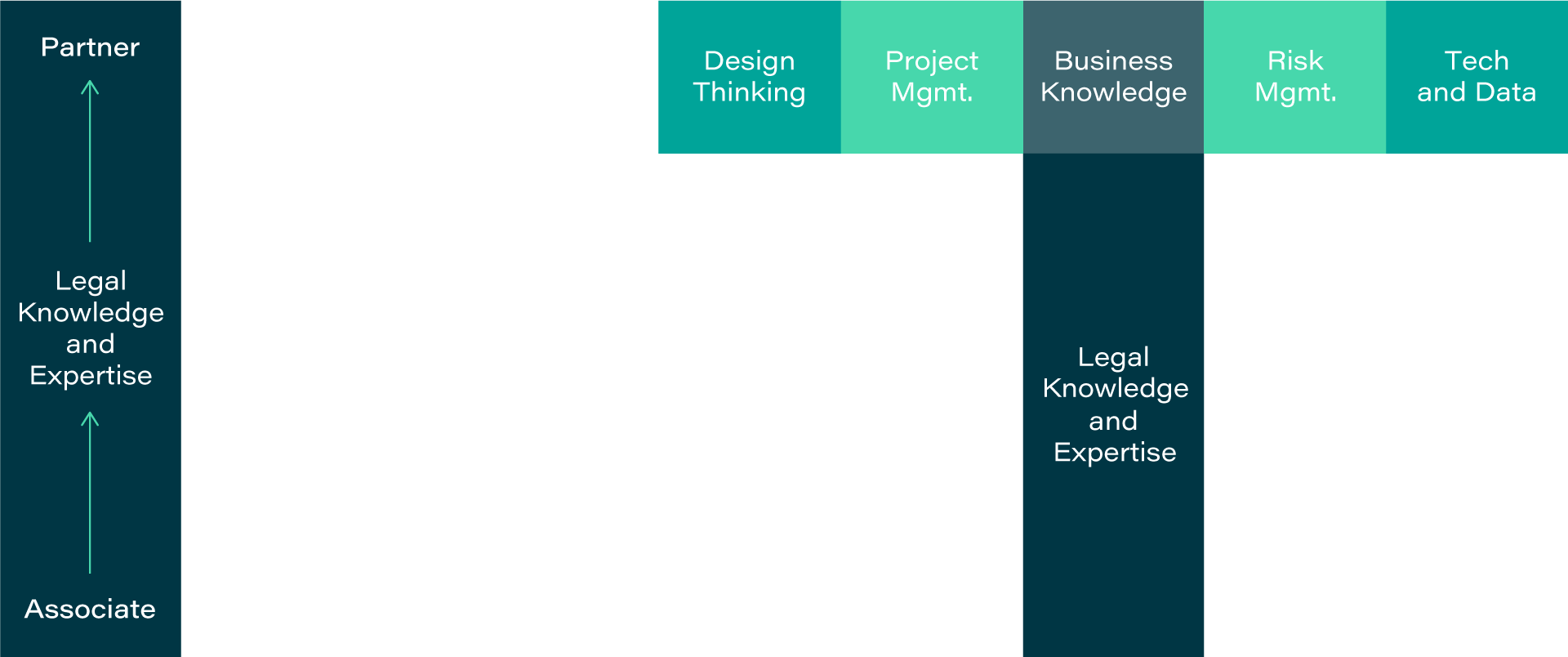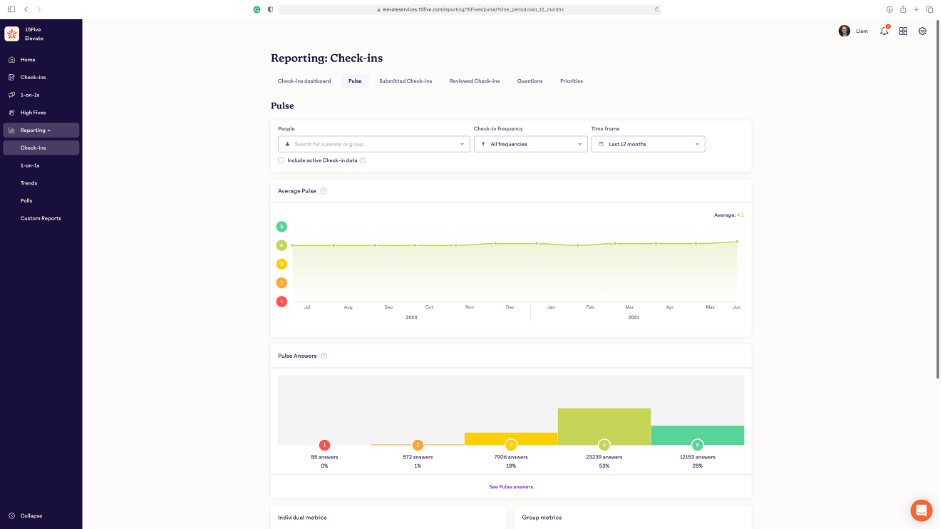From the Law of Lawyering to the Law of Legal Services
Law has traditionally been a prestigious, self-regulated profession founded upon specialized education and training, with an ethical obligation to serve the interests of clients and the public. Until recently, the practice of law has been the exclusive domain of licensed lawyer partnerships and lawyer-owned professional corporations. Ethics rules barred non-lawyer professionals from having an economic interest in law firms or participating in fee-sharing, which inhibited innovation and use of technology, and contributed to the access-to-justice problem.
Since 2012, following the reforms introduced by the Legal Services Act 2007, the Solicitors Regulation Authority (SRA, the regulator of solicitors and law firms in England and Wales) has licensed alternative business structures (ABS), which non-lawyers could own. The results that followed in England and Wales are clear: permitting lawyers to partner with other professionals leads to the innovation of new and better services and improved access, choice, and cost for consumers.
Regulatory reform in the US, led by Utah and Arizona, builds on that evidence to improve access to legal services for ordinary citizens and businesses. Announcing the abolition of Ethical Rule 5.4, allowing ABS, multi-disciplinary practice, non-lawyer ownership, and fee sharing, the Arizona Supreme Court wrote, “In part, the innovation opportunities created by these changes are intended to improve access to justice and to make access to legal documents and legal representation available to more members of the public. A sentiment driving the task force responsible for proposing the rule changes was that lawyers have an ethical obligation to assure that legal services are available to the public and that if the rules stand in the way of making those services available, the rules should change. At the same time, the changes must maintain the professional independence of lawyers and protect the public from unethical and unprofessional conduct.”
Elevate responsibly brings professionals from multiple disciplines together to provide innovative solutions to law departments and law firms.
Multi-Disciplinary Legal Solutions
Many professionals, such as lawyers, engineers, or accountants, are referred to as ‘I-shaped,‘ with deep expertise in one area but little skill, knowledge, or experience beyond that specialist domain. It is no longer controversial to say that deep legal knowledge and technical skills are not enough to meet customers’ needs. The modern legal professional must also equip themselves with a broader set of professional tools and skills. Enter the ‘T-shaped lawyer,’ a term coined by Amani Smathers in 2014. The T-shaped lawyer has deep legal expertise (represented by the vertical bar of the T), but also a solid grounding in some of the other disciplines (represented by the horizontal bar of the T), such as technology, data, business, risk, leadership, interpersonal skills, project management, or design thinking, etc.




